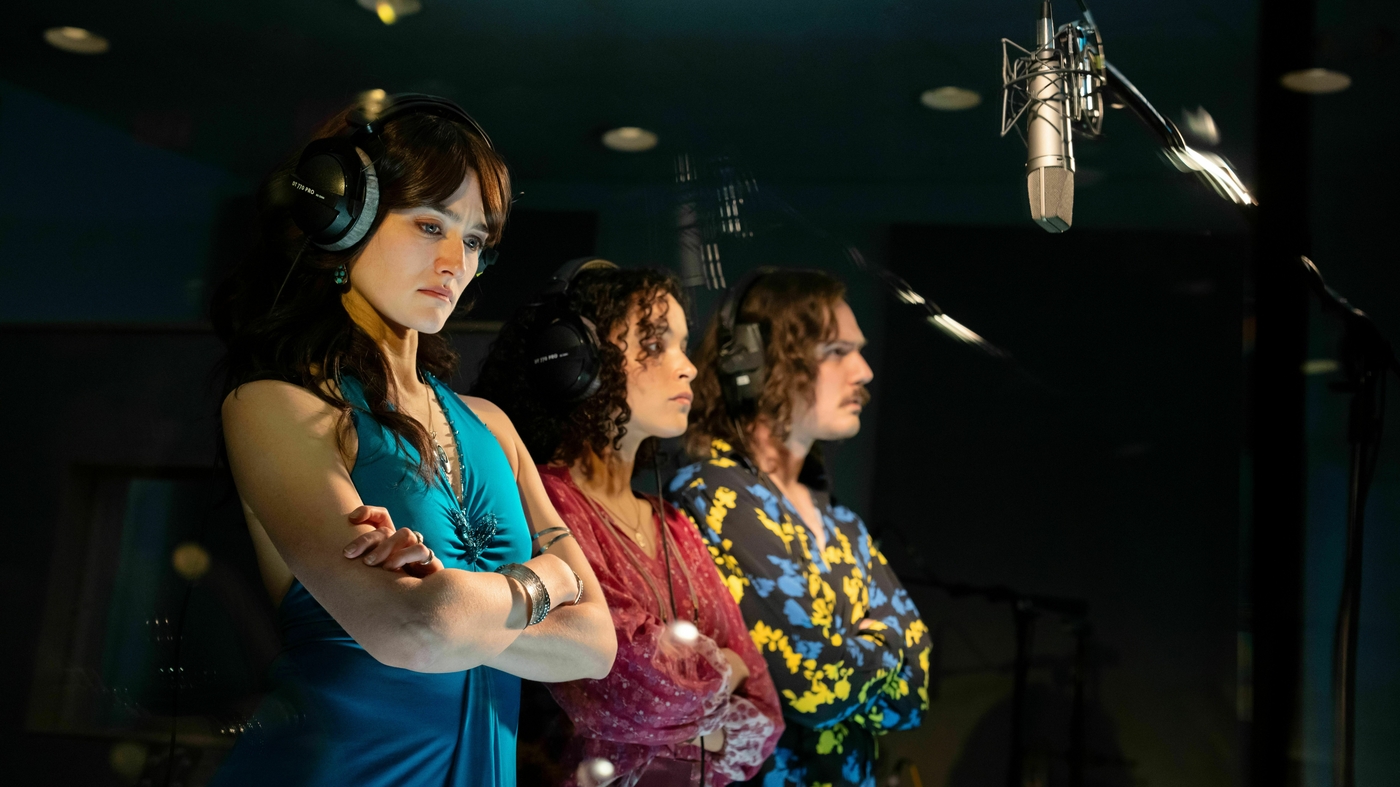
Dissident artists go on trial in Cuba, face years in prison
HAVANA (AP) — Two dissident artists went on trial in Cuba on Monday, facing years in prison after being arrested last year following protests, according to other activists.
Prosecutors are seeking a 10-year sentence for rapper Maykel Castillo and six for artist Luis Manuel Otero Alcántara, according to art curator Claudia Genlui.
Both were involved with a group known as the San Isidro Movement — named for the neighborhood where Otero Alcántara lives — that had attracted unusually wide support among prominent Cuban artists and musicians in 2020.
Otero Alcántara was arrested on charges of public disorder in April 2021. Castillo, also known by his stage name Osorbo, was arrested the following month on charges of disrespect and resisting authority.
Officials did not confirm the trial was taking place, but a police guard was posted at the court and half a dozen European diplomats had gathered in hopes of entering. Usually only family members of the defendants are allowed.
ADVERTISEMENT
While officials did not comment this time, in the past they have said people were being prosecuted for breaking the law rather than for political activism.
Castillo was among the composers of the song “Patria y Vida” — “Fatherland and Life” — which won a Latin Grammy award this year and has became a sort of anthem for critics of the Communist government. It’s a twist on the official slogan, “Fatherland or Death!”
Otero Alcántara had became known for works featuring the Cuban flag in ways that some considered disrespectful.
Both men were arrested before the two days of widespread demonstrations in July 2021 protesting shortages, power outages and the government.
In November 2020, police broke up a sort of sit-in at Otero Alcántara’s house in support of another rapper, Denis Solís, who had been sentenced for prison for insulting a police officer. Castillo was among those taking part in the sit-in.
Officials said they acted to enforce COVID-19 health restrictions, but it prompted about 200 people to stage a larger, almost unprecedented protest outside the Culture Ministry. That broke up after members of the group said they’d won an unusual government vow of greater tolerance for independent art.
Otero Alcántara also was the focus of protests by other artists following his arrest last year. He was hospitalized — reportedly during a hunger strike — to demand the return of works that authorities had confiscated when he was detained.
In support, about 20 other prominent artists demanded that their works be removed from exhibition at the National Museum of Fine Arts, which rejected the call.
Diplomats from the United Kingdom, Norway, Sweden, the Czech Republic, Germany and Holland came to the court building on Monday, but indicated they had not been given permission to enter.
Human Rights Watch and Amnesty International last week issued statements calling the case against the two artists a “farse.”




































































